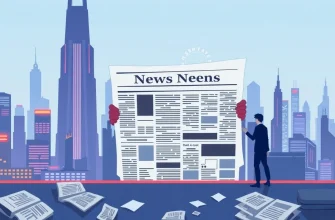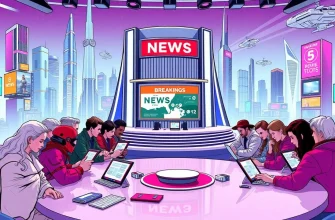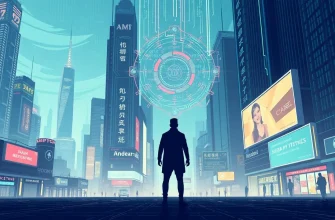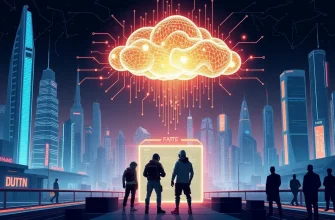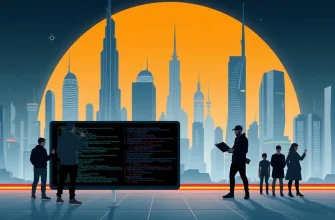In an era where media shapes our perceptions, these films explore the intersection of science fiction and media, offering a glimpse into how future societies might interact with, be influenced by, or even control media. From dystopian futures to utopian dreams, these movies provide a fascinating look at the potential evolution of media and its impact on humanity.
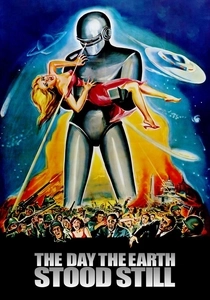
The Day the Earth Stood Still (1951)
Description: An alien arrives on Earth to deliver a message about the dangers of nuclear war, using media to communicate his warning to humanity.
Fact: The film was one of the first to use the theme of alien visitation to critique human behavior and politics.
 Watch Now
Watch Now 
A Clockwork Orange (1971)
Description: While not directly about media, the film uses media to explore themes of control, violence, and the manipulation of public perception.
Fact: Stanley Kubrick withdrew the film from UK cinemas due to copycat violence, and it wasn't re-released until after his death.
 Watch Now
Watch Now 
Network (1976)
Description: A satirical look at the television industry, where a news anchor's on-air breakdown turns into a ratings bonanza, highlighting media's influence on public opinion.
Fact: The film won four Academy Awards, including Best Actor for Peter Finch, who played the anchor.
 Watch Now
Watch Now 
Brazil (1985)
Description: A bureaucratic dystopia where media is used to distract the populace from the oppressive regime, focusing on consumerism and entertainment.
Fact: The film's surrealistic style was inspired by Kafka and Orwell, making it a unique blend of dark comedy and dystopian narrative.
 Watch Now
Watch Now 
The Running Man (1987)
Description: In a dystopian future, a game show where criminals fight for their lives is broadcasted to entertain the masses, showcasing media as a tool for oppression.
Fact: The film was loosely based on a novel by Stephen King, written under his pseudonym Richard Bachman.
 Watch Now
Watch Now 
The Truman Show (1998)
Description: A man's entire life is broadcasted as a reality TV show, exploring themes of media manipulation and the quest for authenticity.
Fact: The film was shot in a real town built for the movie, which was later turned into a tourist attraction.
 Watch Now
Watch Now 
The Matrix (1999)
Description: This film explores a world where reality is simulated by sentient machines to distract and pacify humans, with media being a tool for control.
Fact: The film's concept of "bullet time" revolutionized action sequences in cinema. It also introduced the term "red pill" into popular culture.
 Watch Now
Watch Now 
Equilibrium (2002)
Description: A dystopian society where emotions are outlawed, and media is strictly controlled to maintain order, with any form of art or literature being illegal.
Fact: The film's concept of "Gun Kata" was developed specifically for this movie, blending martial arts with gunplay.
 Watch Now
Watch Now 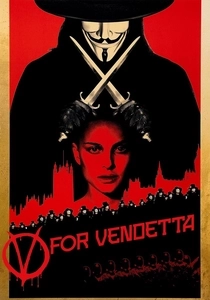
V for Vendetta (2005)
Description: In a fascist future Britain, media is used as a tool for propaganda by the government, which V, the protagonist, seeks to dismantle.
Fact: The film's iconic Guy Fawkes mask has become a symbol of protest worldwide. It was adapted from Alan Moore's graphic novel.
 Watch Now
Watch Now 
Gamer (2009)
Description: In a future where prisoners can fight for freedom in a video game controlled by players, media becomes a platform for voyeurism and control.
Fact: The film features a mix of live-action and CGI, with the game sequences being particularly innovative for its time.
 Watch Now
Watch Now 

